- Overview
- Symptoms
- Causes & Risks
- Tests & Diagnosis
- Treatment
- Living With
- Complications
- Support & Resources
- Appointment Prep
- View Full Guide
Five Types Of Crohn's Disease


Understanding Crohn's Disease
Crohn's disease is a chronic condition that causes inflammation in parts of the gastrointestinal (GI) tract. This inflammation can lead to symptoms like diarrhea, abdominal pain, and weight loss.
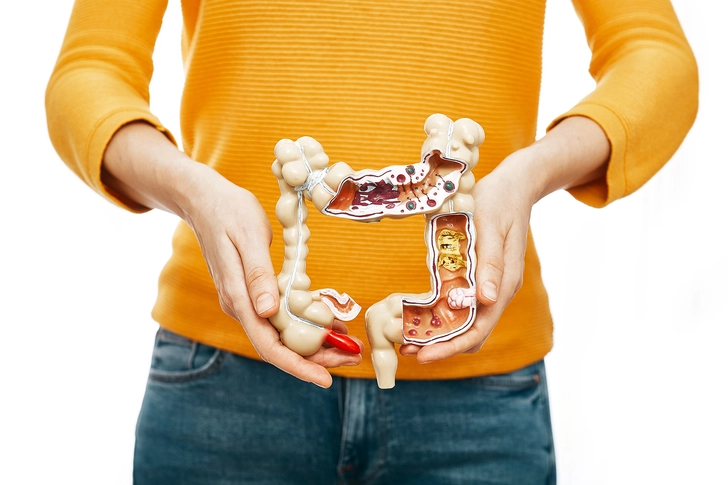
Types of Crohn's Disease
Crohn's disease can affect different parts of the GI tract. The five main types are ileocolitis, ileitis, gastroduodenal Crohn's, jejunoileitis, and Crohn's (granulomatous) colitis. Each type has unique symptoms based on the location of inflammation.
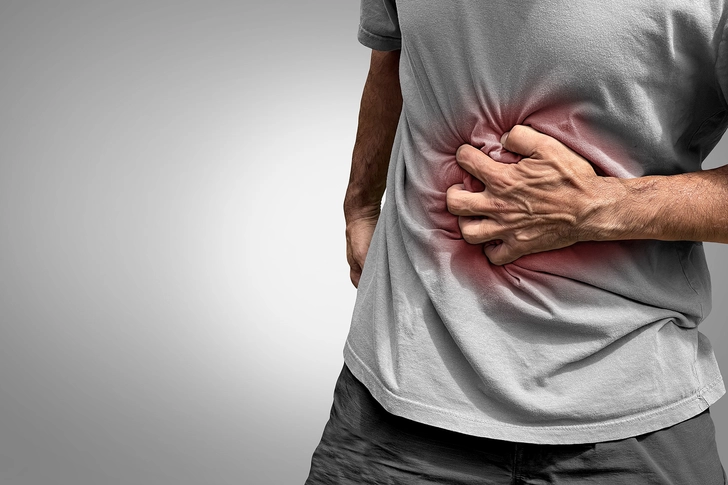
Most Common: Ileocolitis
This is the most common type of Crohn's disease. It affects the last section of the small intestine, known as the ileum, and the colon. You might have considerable weight loss, diarrhea, cramping and pain in the middle or lower right part of your abdomen.
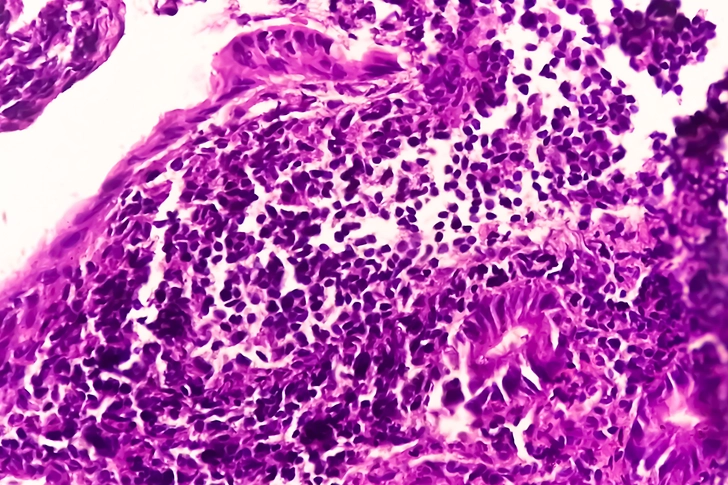
Crohn's Type: Ileitis
Ileitis is a type of Crohn's disease that just affects the ileum. It has many of the same symptoms as Ileocolitis, but also can cause fistulas, or inflammatory abscesses, in the lower right section of your abdomen.

Gastroduodenal Crohn's Disease
This form affects the stomach and duodenum, which is the first part of the small intestine. Symptoms include nausea, weight loss, loss of appetite, and vomiting (if narrow segments of bowel are obstructed.)

Jejunoileitis Crohn's Disease
This type causes inflammation in the jejunum, which is the middle part of your small intestine. Symptoms include cramps after meals, diarrhea, fistulas, and abdominal pain that can become intense.

Crohn's (Granulomateous) Colitis
This form only affects the colon. You may have skin lesions, joint pain, diarrhea, rectal bleeding, and ulcers, fistulas, and abscesses around the anus.
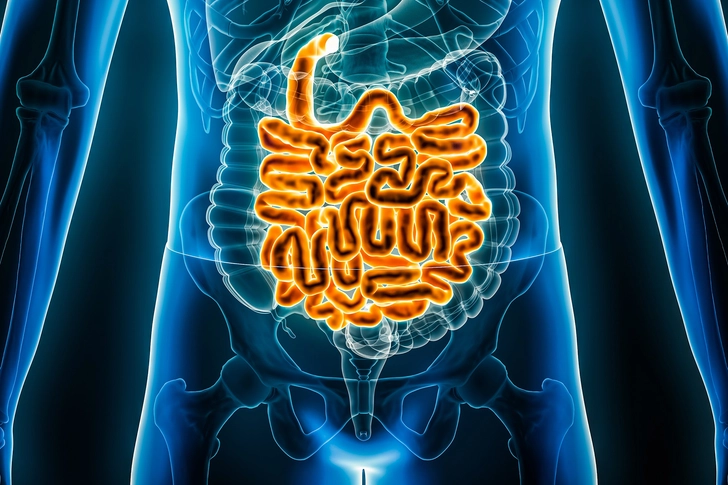
Phenotypes of Crohn's
Crohn's disease also can be classified by phenotypes, or physical traits. These are based on your age when you were diagnosed, the affected body part, and how the disease behaves in your body.
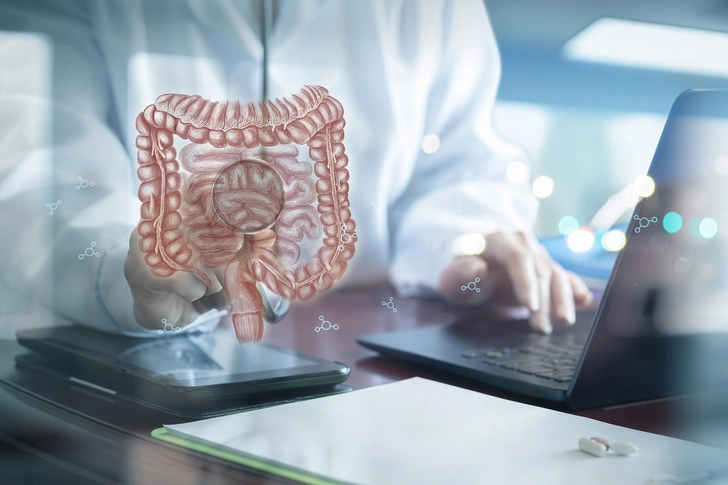
Causes of Crohn's Disease
The exact cause of Crohn's disease is unknown. However, genetic, environmental, and immune system factors are believed to play a role. Ongoing research aims to better understand these contributing factors.
Photo Credits:
1) Sauko Andrei/Shutterstock
2) Peakstock/Shutterstock
3) Peakstock/Shutterstock
4) Saiful52/Shutterstock
5) Andrey_Popov/Shutterstock
6) Suriyawut Suriya/Shutterstock
7) Pormezz/Shutterstock
8) MattL_Images/Shutterstock
9) Natali _ Mis/Shutterstock
Crohn's and Colitis Foundation: "About Crohn's Disease," “Intestinal Complications.”
National Digestive Diseases Information Clearinghouse: "Crohn's Disease."
Best Practice & Research Clinical Gastroenterology: “Necessity of phenotypic classification of Inflammatory Bowel Disease.”
Gut: “Behaviour of Crohn’s disease according to the Vienna classification: changing pattern over the course of the disease.”